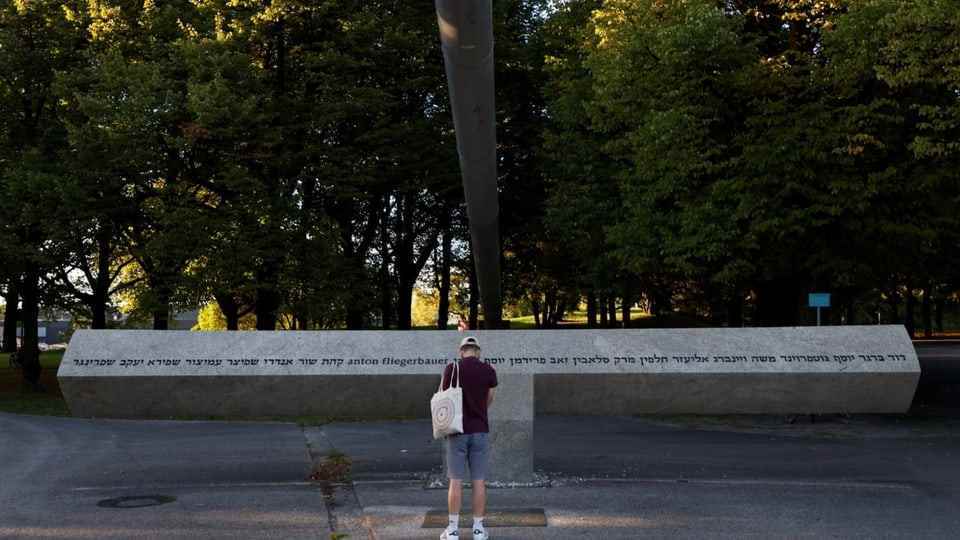On September 5, 1972, 17 people died in a terrorist attack at the Olympic Games in Munich, including eleven members of the Israeli delegation. Gisela Dachs, a freelance journalist from Tel Aviv, provides information on how people in Israel look back on this tragic event.
SRF News: To what extent is the assassination 50 years ago an issue in Israel today?
That’s a big topic. I would say that in Germany people like to remember the first happy games of the new Federal Republic. In Israel you can see that in 1972, 36 years after the games under Hitler, the Olympic Games with negative connotations were held in Germany again. Jews were murdered at these because the police and security from all over Berlin had failed.
Just a few days ago, Germany reached an agreement on compensation with the survivors of the attack. These receive 28 million euros. How is this discussed in Israel, and what triggered it?
Better late than never, one will probably think in Israel. There was never a real excuse for it, there was hardly any compensation and it has now been extrapolated. Nevertheless, the main focus is on processing. A German-Israeli commission of historians is now being set up to look at all the files to see what went wrong back then.
To what extent does this assassination attempt and Germany’s handling of it still affect German-Israeli relations today?
I think you have to see German-Israeli relations in the overall context. It was a very long road to rapprochement after the Holocaust, with many ups and downs. Munich was a low point here, if not the low point at all. But there has been a very long period of high-level cooperation, rapprochement and bilateral consultations since then. The visit of Israel’s President Yitzchak Herzog to Munich on the occasion of the commemoration illustrates this. Both Federal President Frank-Walter Steinmeier and Herzog emphasized the close, stable relations during the visit.
Israelis today have an increasingly positive image of Germany, while conversely in Germany the image of Israel among the population is not so good.
The President of Israel has met Frank-Walter Steinmeier and will also speak to Olaf Scholz. This is a big state visit. How do you see the relationship between Israel and Germany today, in 2022?
After so many years, official relations are excellent, some disagreements are normal. On the other hand, there is an asymmetry that has become more entrenched in recent years. The fact is that Israelis today have an increasingly positive image of Germany, while conversely the image of Israel among the population in Germany is not so good. That has to do with the fact that the German population looks at Israel in connection with the Middle East conflict. While in Israel one looks at the change in Germany over the past decades.

Legend:
In addition to five Palestinian terrorists, eleven Israeli hostages and a policeman were killed in the course of the attack.
Reuters/Leonhard Foeger
Germany is a country with which one does good business and also likes to go on vacation. There you can find a big asymmetry and you have to see in which direction the relationships develop in the future. Herzog and Steinmeier addressed this. There is talk of cooperation in technology, ecology and security. The two countries not only want a common past, they also want to strive for a common future.
The conversation was conducted by Susanne Stöckl.
